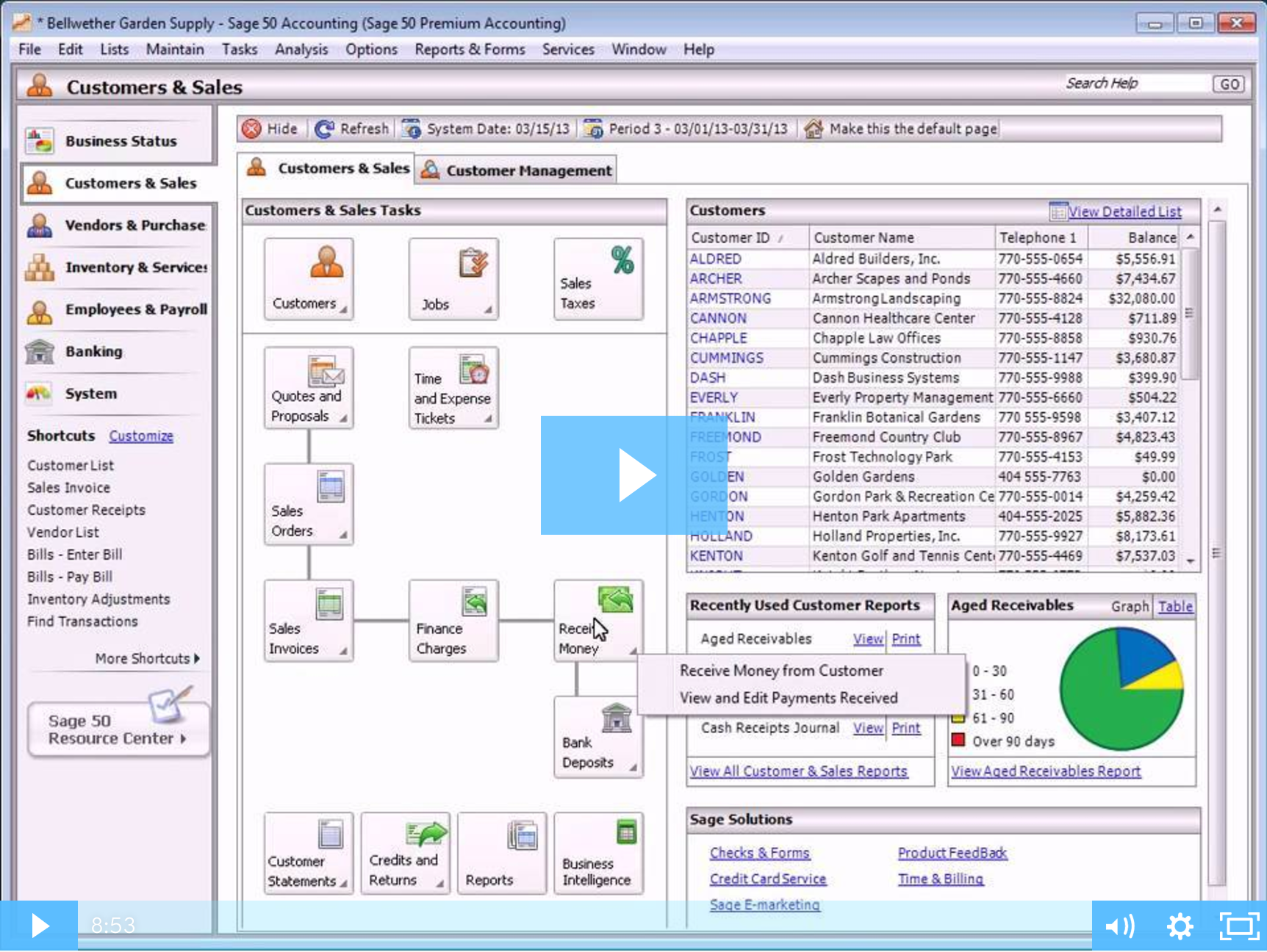

As mentioned earlier, QuickBooks is accounting software while Sage is ERP software. Of course, there are also significant differences between QuickBooks and Sage. Users of both Sage and QuickBooks can also enjoy a large ecosystem of third-party software providers who offer enhancements including AP Automation, Expense Management, and Payments. However, both Sage and QuickBooks products can be run from the cloud in a hosted environment. Most Sage ERP products aren’t inherently cloud-based, like with QuickBooks. Don’t be fooled by the name-Sage 50cloud is not inherently cloud-based. It’s most comparable in both functionality and price, with Sage 50cloud starting at just under $500 per year. Sage 50cloud, formerly known as Peachtree, is the Sage product most comparable to QuickBooks. Similarities and Differences Between QuickBooks and Sage Similaritiesīoth QuickBooks and Sage provide affordable entry-level accounting solutions for small businesses. Depending on which Sage product your business chooses, you can use Sage to do almost anything-from tracking your manufacturing supply chain to managing your most complicated financials systems and data. Different Sage products vary widely in functionality. Sage offers many different types of accounting and business management software, ranging from Sage 50 for small business looking for accounting software to Sage X3, an enterprise management solution used by large companies. Generally, all of Sage’s products are ideal for creating financial reports, record keeping, and overall business management. They also include accounting software and functionality. ERPs improve communication across your business and streamline operations. What is an ERP system, you ask? ERPs are basically a backend system that help you manage your whole business. It’s enterprise resource planning (ERP) software. Technically, Sage isn’t accounting software. Sage software is an accounting and business management solution.

However, all versions offer some universal functionality, including financial reporting, money management, billing and invoices features, and more. The precise features and benefits of using QuickBooks will depend on which version you use. QuickBooks offers numerous advantages to companies, so it’s easy to tell why it’s so poplar.

It helps businesses run more efficiently and better manage their cash flow. QuickBooks is an ideal accounting software program for small- to -mid-sized businesses. It makes it easy for you and your staff to manage payroll and other financial aspects of your business. For more than 20 years, it’s been the go-to classic choice for business looking for financial management software to help them balance their books and organize their records.īut how does QuickBooks actually work? It’s a single comprehensive system for financial records, reports, invoices, payroll, and more. Intuit QuickBooks is a popular form of small business accounting software. Now, let’s dive in and explore two of the most popular types of accounting software for small businesses. What types of businesses and industries use QuickBooks or Sageįor easy navigation, click the links below to jump to The pros and cons of each business software solution The similarities and differences between QuickBooks and Sage That answer is no, and we’ll cover the reasons why down below.) (If you’re asking yourself the question, “are QuickBooks and Sage the same?”, you’re in the right place. That will make it easier for you to select the right business software solution. Which platform- QuickBooks or Sage-is the right fit for your business? Which will provide the support and functionality that you need?Īlthough we can’t tell you whether QuickBooks or Sage will be better for your business, we can explain the similarities and differences between them in an easily digestible format. Depending on your business needs and your plans for the future, either choice could lead to easy accounting or trouble. However, there are key differences that set them apart. QuickBooks, from Intuit, and Sage solutions are stable options for any business when it comes to business and accounting management.


 0 kommentar(er)
0 kommentar(er)
